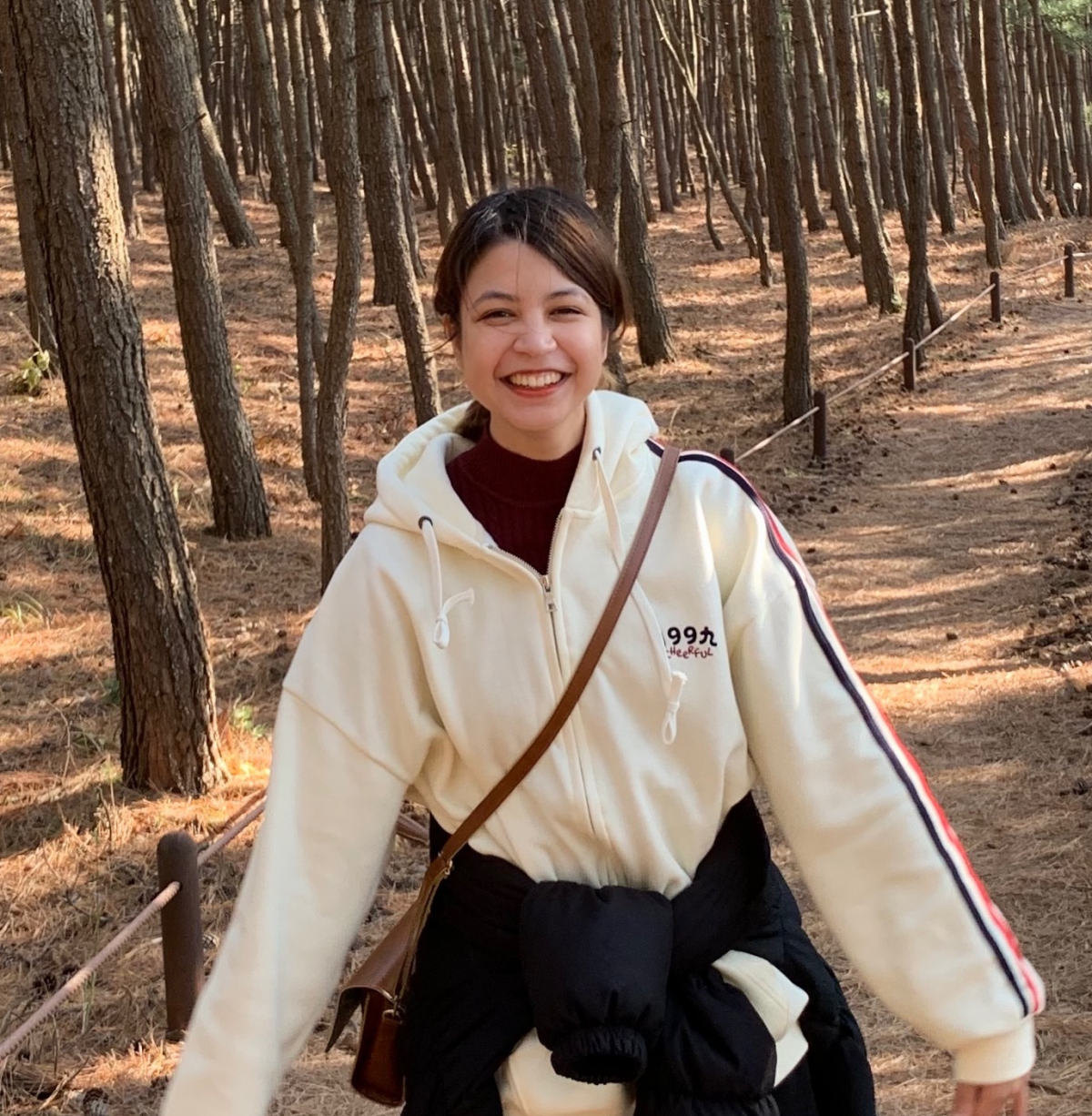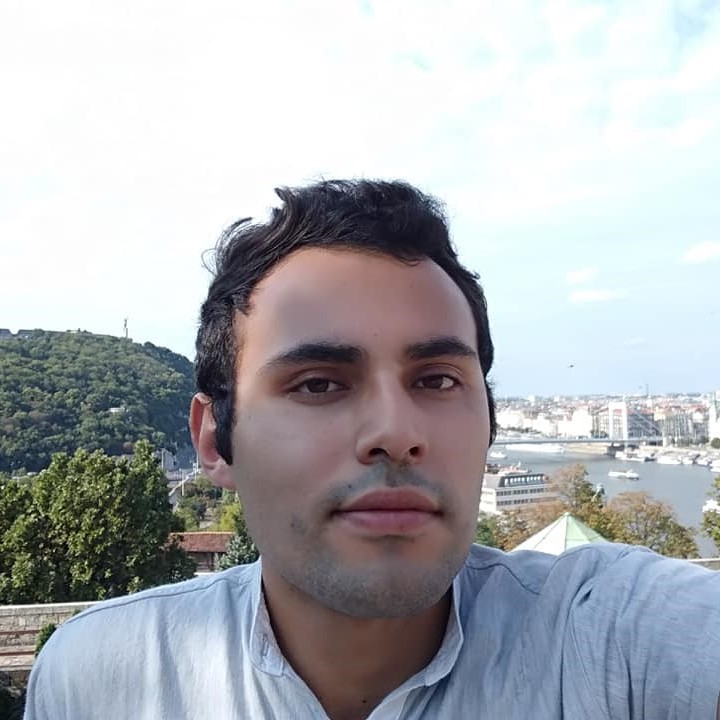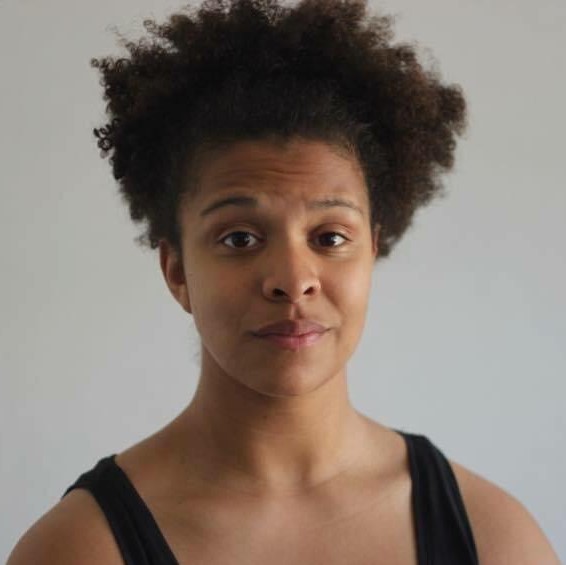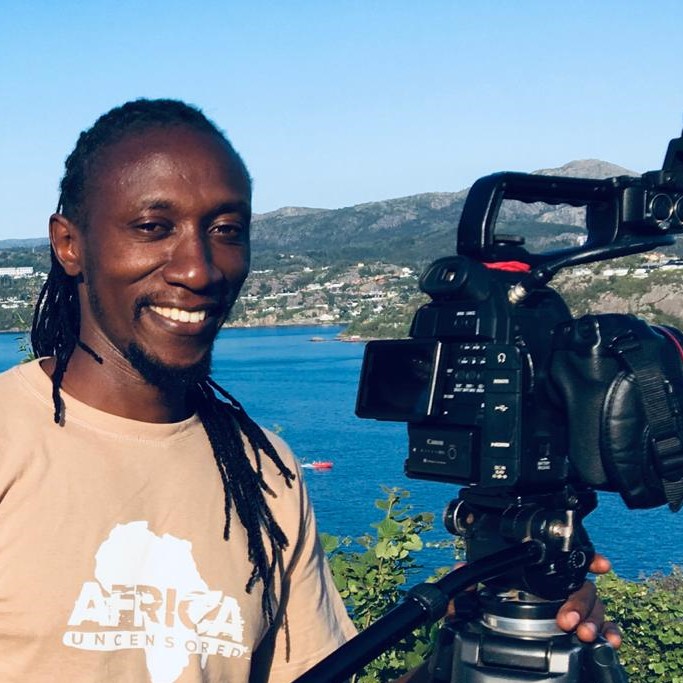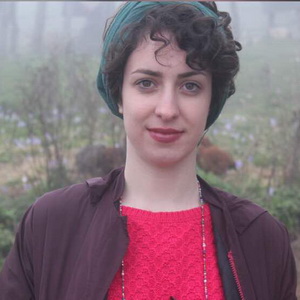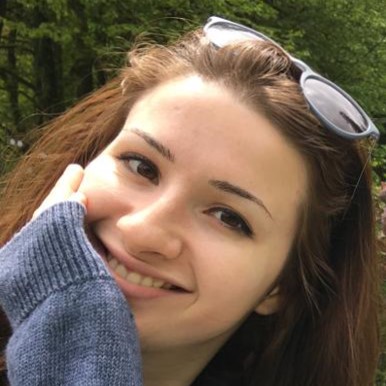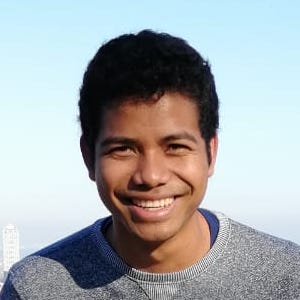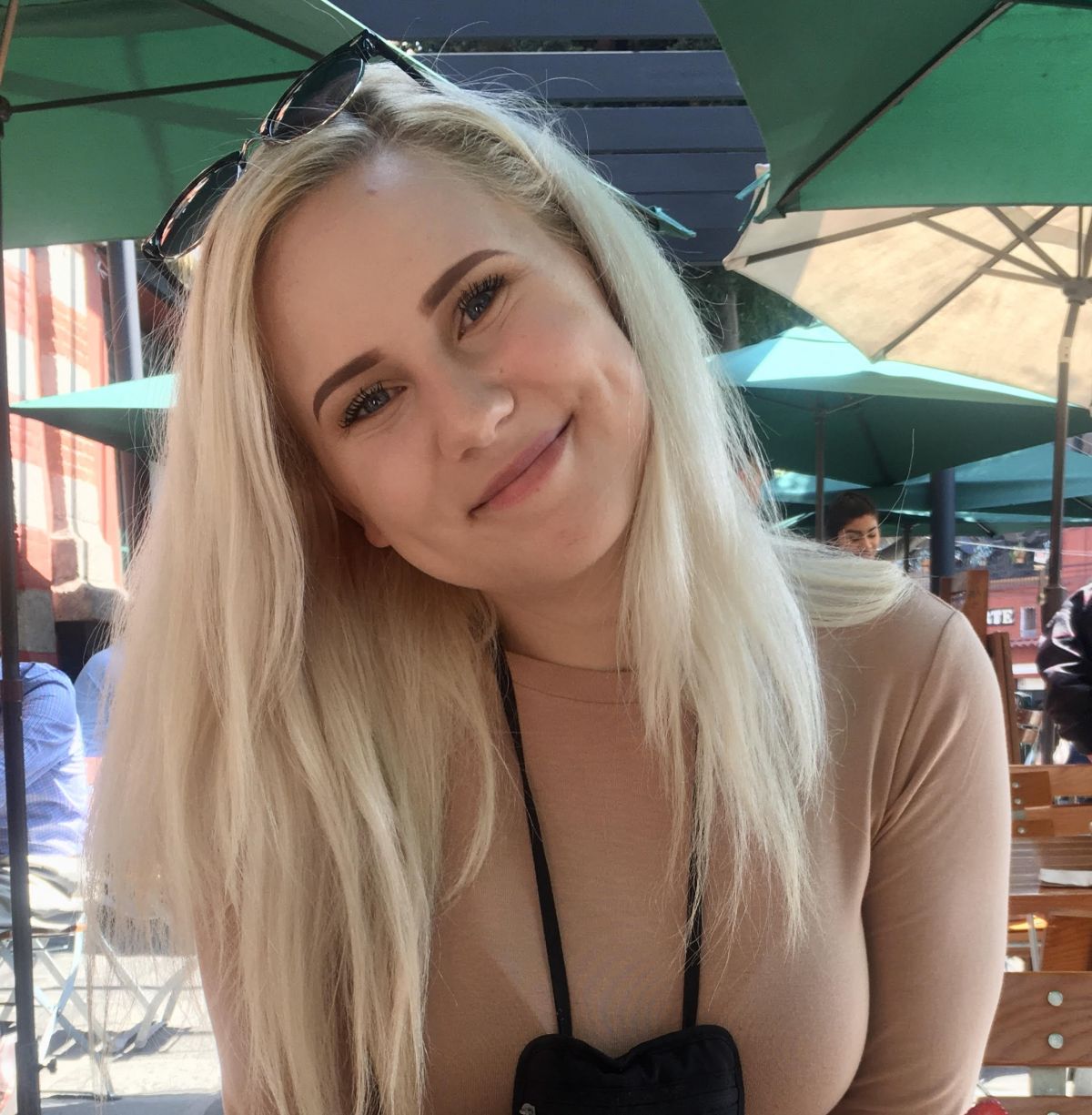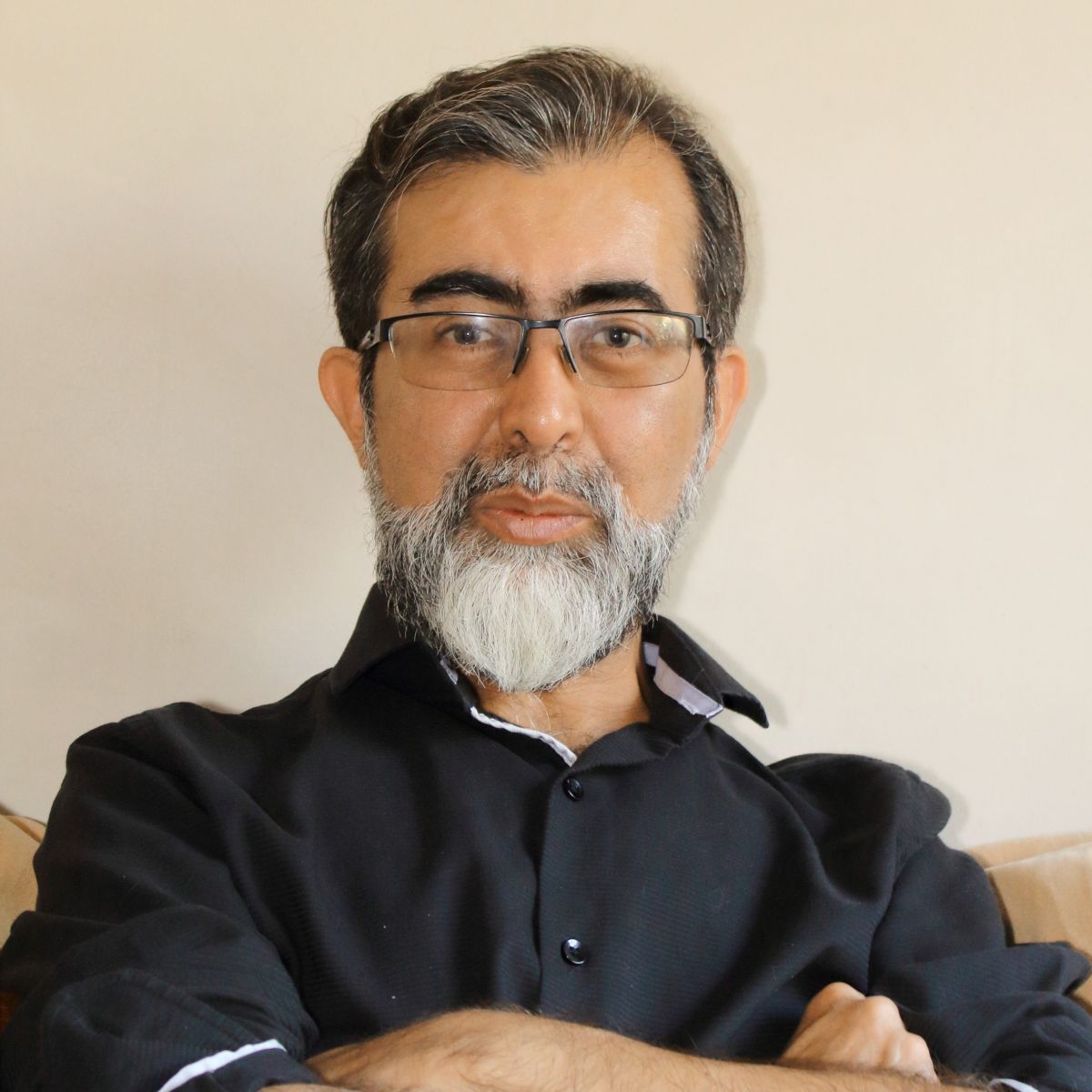Aynı Gezegende Bir Uzaylı
Unutmamalıyız ki bu kadar yer gezerken ben hep aynı insandım.
Avusturya pasaportum vardı, yarı Avusturyalı yarı Endonezyalıydım. Ancak Endonezya’da
expat oldum, İngiltere’de göçmen, Kore’deyse devamlı topluma dahil olmaya çalışan biri. Kim
olduğumu tanımlayan gücün benim ellerimde olmadığı kesin.
South Korea, Eastern Asia
Hikâyenin yazarı: Veronica Burgstaller. Çeviren: Ezgi Çaynak
Yayınlanma tarihi: April 19, 2020.
Bu hikâye şu dillerde de mevcut: 



Hikâyeyi dinleyin:
Ebeveynlerim her zaman doğar doğmaz bir pasaport sahibi olmamla övünmüşlerdir. Ömrü boyunca oradan oraya gezmiş insanlar olarak milli kimlik veya kimlik aidiyeti soruları onların zihnini çoğu insana göre çok daha fazla meşgul ediyor olmalı. Doğrusu, insanın hangi milletten olduğu, isminin ne olduğundan daha önemliymiş gibi duruyor. İnsanların isminizden sonra sorduğu ilk şey genelde nereli olduğunuz oluyor. O yüzden ben aslında Veronica değil, nereliysem oyum. Fakat işte burada bir sorun var.
Milliyet kavramının insanın evine, ailesine, hayatına bağlı olduğuna inanılır. Peki ama çoğu farklı ülkelerde geçmiş bir hayatı anlatmaya nereden başlamak lazım? Her tanıştığım insana hayat hikayemi baştan mı anlatmalıyım? Bu aynı zamanda benim gibi insanların nasıl tanımlandığıyla ilgili bir problem: expat mı, göçmen mi, yoksa göçebe mi? Fakat bu terimler de kendinizi tanımlamanıza değil ancak toplumun ya da devletlerin sizi tanımlamasına yarıyor.
Avusturya Viyana’da doğdum ve ortaokulda Endonezya’ya taşındık. Oraya gidince hemen zengin bir "bule" oluvermiştim, Endonezya dilinde "beyaz kişi" anlamına geliyordu. Endonezya’da kendimi ilk defa beyaz biri olarak özel, ayrıcalıklı ve daha güçlü hissettim. Oradan İngiltere’ye taşındığımızdaysa durum tam tersine dönmüştü. Az gelişmiş bir ülkeden henüz geldiğim için bir insan olarak da az gelişmiş olmam gerekiyordu, bu yüzden erkek kardeşimle beraber hazırlık sınıfına yerleştirildik. Hazırlık sınıfları normal derslerde zorlanan çocuklara ayrılmıştı (kısa sürede oraya hiç de ait olmadığımız anlaşıldı).
Son üç senedir yaşadığım Kore’deyse bir yabancı olarak ayrıcalıklara sahip olduğumu söyleyebilirim, fakat bu ayrıcalıklar toplumdan dışlanmaktan kaynaklanıyor. Çoğu Korelinin maruz kaldığı zorlu çalışma ortamının ve yaşlı ile genç, ast ile üst ve ebeveyn ile çocuk arasındaki bariz ayrımın dışında kalıyorum. Korece’de yabancı kelimesinin karşılığı 외국인 (oe-kuk-in) ve Çin alfabesinin 外國人 sembolleri kullanılarak yazılıyor. Sembollerse tam olarak "ülkenin/toplumun dışındaki insan" anlamına geliyor. Uzaylı kelimesi (외계인 oe-kye-in) de kulağa benzer gelse de burada "ülke" simgesi yerine "dünya" simgesi kullanılıyor. Bu yüzden bazen Koreli arkadaşlarımla şakalaşırken uzaylı olduğumu söylediğimde, son derece ciddi ifadeler takınıp Korece dil derslerimde tam öğrenememişim gibi, "Hayır uzaylı değilsin, o kelime yabancı anlamına geliyor" diye cevap veriyorlar. Aslına bakarsanız bu şaka o kadar da komik değil çünkü kayıt altına alınan her yabancıya bir "uzaylı kimlik kartı” veriliyor. Yani resmi olarak gayet uzaylıyız.
Yine de bence kişinin sosyal statüsü, yaptığı iş, gelir durumu, eğitim geçmişi hatta yaşadığı mahalle artık çok daha önemli. Sanırım bunu Kore’nin hızla kapitalist bir topluma dönüşmesine bağlayabiliriz. Unutmamalıyız ki bu kadar yer gezerken ben hep aynı insandım. Avusturya pasaportum vardı, yarı Avusturyalı yarı Endonezyalıydım. Ancak Endonezya’da expat oldum, İngiltere’de göçmen, Kore’deyse devamlı topluma dahil olmaya çalışan biri. Kim olduğumu tanımlayan gücün benim ellerimde olmadığı kesin. Belki bu kendimi ancak mecazlar kullanarak tanımlayabileceğime dair bir işarettir- bir ziyaretçi, bir göçebe, bir uzaylı.
Bu hikâye size ne hissettirdi?
Follow-up
Do you have any questions after reading this story? Do you want to follow-up on what you've just read? Get in touch with our team to learn more! Send an email to [email protected].
Bu hikâye hakkında yorum yapın
Please enable cookies to view the comments powered by Disqus.
Haber bültenimize üye olun
Haber bültenimize üye olarak Correspondents of the World platformundaki yeni hikâyelerden haberdar olun:
Diğer Türkçe hikâyeler
Diğer temaları keşfedin
Projemize siz de katılın
Correspondents of the World ile, gün geçtikçe küçülen ancak bir şekilde insanları birbirinden uzaklaştıran bir dünyada birbirimizi daha iyi anlamak adına adımlar atmak istiyoruz. Yanlış anlaşılmaların ve gereksiz yere hararetli tartışmaların ortaya çıkmasının en önemli nedenlerinden biri her birimizin küresel sorunlardan farklı şekilde etkilendiğini gerçekten anlayamamamızdan kaynaklanıyor.
Amacımız paylaştığımız bireysel hikâyelerle bunu değiştirmek
Dünya Çapında Bir Topluluk
Correspondents of the World sadece bu web sitesinden ibaret değil; aynı zamanda dünyanın her yerinden gelen büyük bir insan topluluğundan oluşuyor. Yüz yüze görüşmeler şu anda mümkün olmasa da, Facebook Grubumuz Correspondents of the World'e katkıda bulunan diğer insanlarla tanışmak için EN DOĞRU yer. Şu anda birbirimizi daha iyi tanımak için bir dizi online görüşmeler organize ediyoruz.











